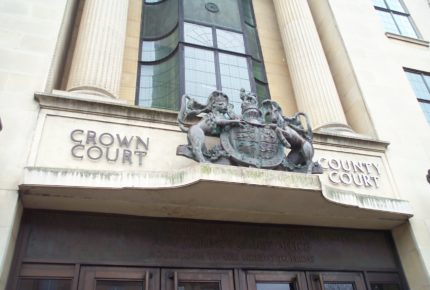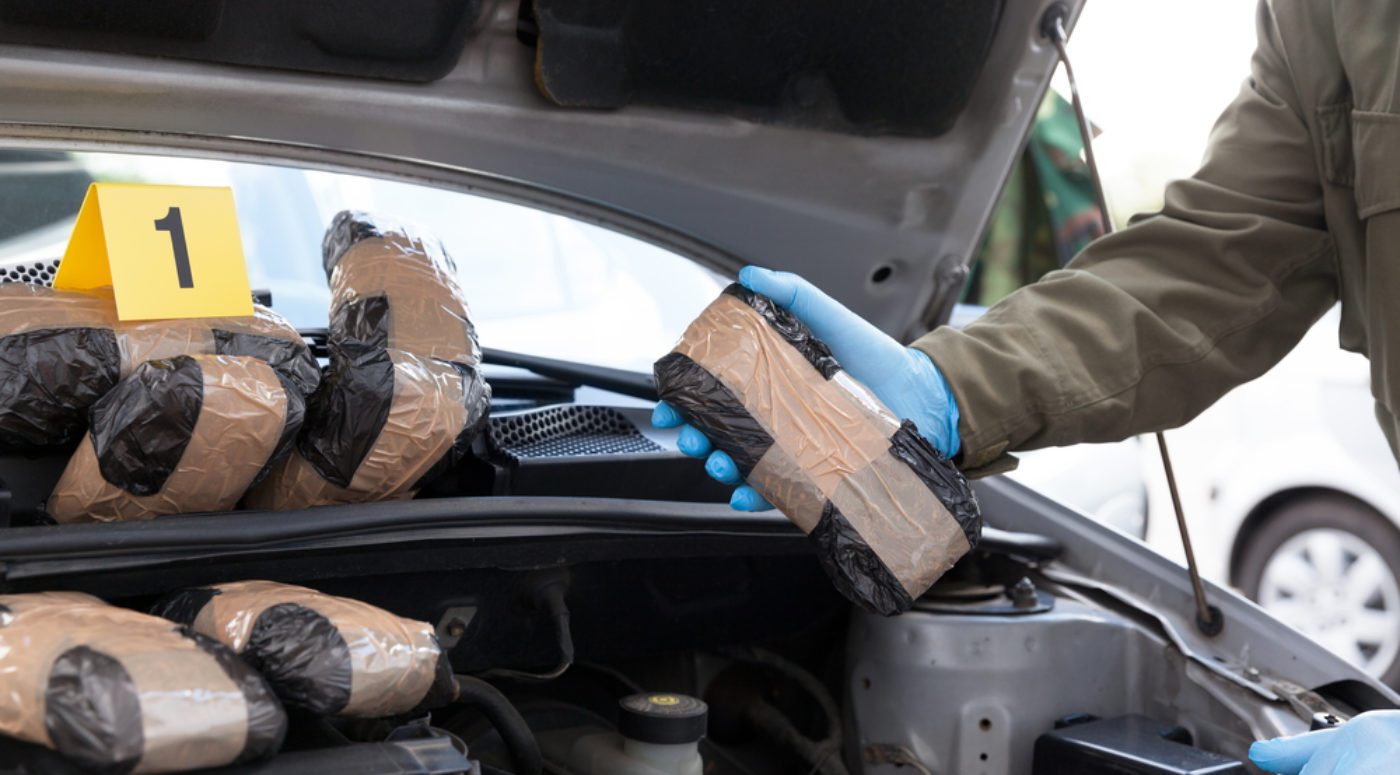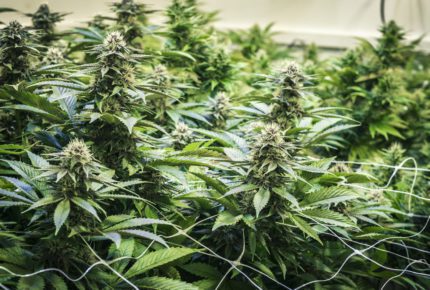

Drug trafficking is the movement of illicit drugs across national borders. By all accounts, the supply and demand for Class A drugs is on the rise. According to the NCA, the supply of opium and cocaine in Afghanistan and Colombia are at a record high. Meanwhile, the use of Fentanyl and crack cocaine is soaring in the UK. In 2020/21, there were approximately 210,000 drugs related offences recorded by the police in England and Wales. This is an increase of 19% from the previous year. If you have been apprehended by the police while moving illicit substances across borders, you are not alone. This article aims to provide you with practical information to assist in your upcoming court case.
What are the legal elements of conspiracy to traffic drugs?
A ‘conspiracy’ is an agreement between one or more persons to commit a crime. Section 1 of the Criminal Law Act 1977 sets out the offence of conspiracy. Per that act, conspiracy to traffic drugs takes place where a person agrees with any other person or persons that a course of conduct that entails drug trafficking shall be pursued which, if the agreement is carried out in accordance with their intentions, will mean that drug trafficking takes place, or would do so but for the existence of facts which render the commission of the offence or any of the offences impossible.
This definition means that individuals can be found guilty of conspiracy to traffic drugs even where the plan that they have made would not work in practice. The CPS are also allowed to prosecute conspiracy to traffic drugs outside the UK, according to Section 1A of the Criminal Law Act 1977.The CPS can prosecute in these circumstances where the drug trafficking would constitute an offence according to the law of the territory where it would be committed. Some part of the agreement must have been made in England and Wales.
Conspiracy to traffic drugs refers to the movement of drugs across borders by more than one person. This offence of conspiracy to import or export drugs is often used to tackle drug trafficking by gangsters and other organised criminals. You cannot be charged with conspiracy where the agreement to commit a crime takes place between you and your spouse, or you and a child under the age of criminal responsibility (10 years old).
What is the meaning of drug trafficking?
Drug trafficking is the illicit global movement of illegal drugs. Drug trafficking is prohibited in UK law under the offence of the importation and exportation of controlled drugs. This is set out at Section 3 of the Misuse of Drugs Act 1971. This law states that the importation and exportation of controlled drugs across the UK’s borders is prohibited.
The definition of a ‘controlled drug’ is set out in Schedule 2 of the Misuse of Drugs Act, which provides a full list of all the drugs which are unlawful in the UK, and whether they are categorised as Class ‘A’, ‘B’ or ‘C’.
Drug trafficking occurs when drugs cross national borders. Drugs can take many different routes to reach the UK. Drug traffickers use clever ways to evade detection, for example by concealing drugs in legitimate cargo that is being imported legally.
Drug trafficking includes:
- Importing drugs by boat, including container ships and small boats
- Bringing drugs into the country via light aircraft
- Drugs brought into the country using vehicle traffic from continental Europe
- Individuals who carry drugs within them on commercial airlines
- People who send drugs through the post or private courier services
Drug trafficking often involves the use of ‘drug mules.’ These are individuals who carry drugs across national borders in exchange for payment or privilege of some kind. Sometimes, drug mules are vulnerable people who are exploited because of their youth, immaturity, drug addiction, or other factors in order to transport drugs.
Often, drug mules will be placed in great danger in carrying out their work, for example by being asked to carry drugs inside their bodies by either swallowing the drugs wrapped in condoms/cellophane packaging or inserting the wrapped drugs in their rectum. They may also face violence and intimidation from other members of the organised criminal network.
If you have been charged with a drug trafficking offence and you were coerced into participating, there may be a defence available to you. Contact a criminal defence solicitor for detailed advice on your case.
Which drugs are classified as Class A drugs?
According to Schedule 2 of the MDA, the following substances are classified as Class A drugs:
- Cocaine
- Ecstasy / MDMA (methylenedioxy-methylamphetamine)
- Crystal meth (methamphetamine / N-methyl-1-phenylpropan-2-amine)
- Acid (LSD) (6aR,9R)- N,N- diethyl- 7-methyl- 4,6,6a,7,8,9- hexahydroindolo- [4,3-fg] quinoline- 9-carboxamide
- Diamorphine
- Fentanyl and drugs structurally derived from it
- Fungus (of any kind) which contains psilocin or an ester of psilocin
- Hydrocodone
- Hydromorphone
- Mescaline and drugs structurally derived from it
- Methadone
- Morphine
- Opium, whether raw, prepared or medicinal
- Oxycodone
- Pethidine and drugs structurally derived from it
Note that this is not the complete list. There are many other Class A drugs. You can find the full list here.
Which drugs are classified as Class B drugs?
Here are some of the drugs that are classified as Class B according to the Misuse of Drugs Act:
- Cannabis and cannabis resin
- Cannabinol
- Codeine
- Dihydrocodeine
- Ketamine
- Barbiturates
There are also many more drugs on the Class B drugs list. The full list can be found here.
What is the maximum sentence for conspiracy to import Class A drugs into the UK?
The maximum sentence for the importation of Class A drugs in the UK is life imprisonment. You could also receive an unlimited fine. Conspiracy offences can receive the same maximum sentence as the offence itself. Therefore, the maximum sentence for conspiracy to import Class A drugs is also life imprisonment or an unlimited fine.
If you are charged with conspiracy to import Class A drugs, your case will be heard in the Crown Court because the sentencing powers of the Magistrates’ Court are insufficient to deal with such a serious offence.
When deciding what sentence to give you, the court will consider your culpability and the harm that the offence has caused.
Culpability is the measure of your role in the offence. Playing a leading organisational role, or coercing others to commit the offence with you will lead to higher culpability. Meanwhile, if you played a subordinate role in the offence, for example you were the drugs mule, and you were threatened or pressured into becoming involved, you will be perceived by the court to be less culpable.
The court will then consider the harm caused by the offence. When it comes to drug offences, this is usually measured by the quantity of the substance involved. For example, if you played a leading role in the importation of 20kg of cocaine, you could be facing upwards of 14 years’ custody. By contrast, if it was less than 1kg, the starting point would be 11 years’ custody. If you played a lesser role in the importation of less than 1kg of cocaine, the starting point would be 5 years’ custody.
Once the court has decided upon the starting point, the sentence will then be reduced or increased in accordance with aggravating or mitigating factors.
Aggravating factors include:
- previous similar convictions
- if the offence was committed on bail
- using children to commit the offence
- exploiting vulnerable people in order to commit the offence
- exposing drug mules to serious harm – for example if drugs are carried inside the body
- the use of violence or presence of weapons in the commission of the offence
- if the offence was committed whilst on bail or licence
Mitigating factors include:
- if you were coerced or pressured into committing the offence
- if you are a drug addict and you imported a quantity of drugs consistent with personal use
- a reasonable mistaken belief in respect of the type of drug that you were carrying
- no previous convictions
- remorse
- good character and/or exemplary conduct
- if you can demonstrate steps that you have taken to address addiction or offending behaviour
- serious medical conditions requiring urgent, intensive or long-term treatment
- age and/or lack of maturity where it affects the responsibility of the offender
- if you are suffering from a mental disorder or learning disability
- if you are sole or primary carer for dependent relatives
- if your vulnerability was exploited by the other people involved in the commission of the offence
If you think that there are factors in your case that the court should know about when sentencing, you should discuss these with your criminal defence solicitor.
Where to get further help?
Facing charges for a serious offence such as drug trafficking is likely to be a frightening experience, even if it is not your first time in the dock. Do yourself a favour and instruct a criminal defence solicitor that you can rely upon. At Stuart Miller Solicitors, our experienced team will provide you with top class representation, whether you are facing minor drug charges in the Magistrates’ Court or a more serious offence in the Crown Court. Contact us to arrange a consultation today.

